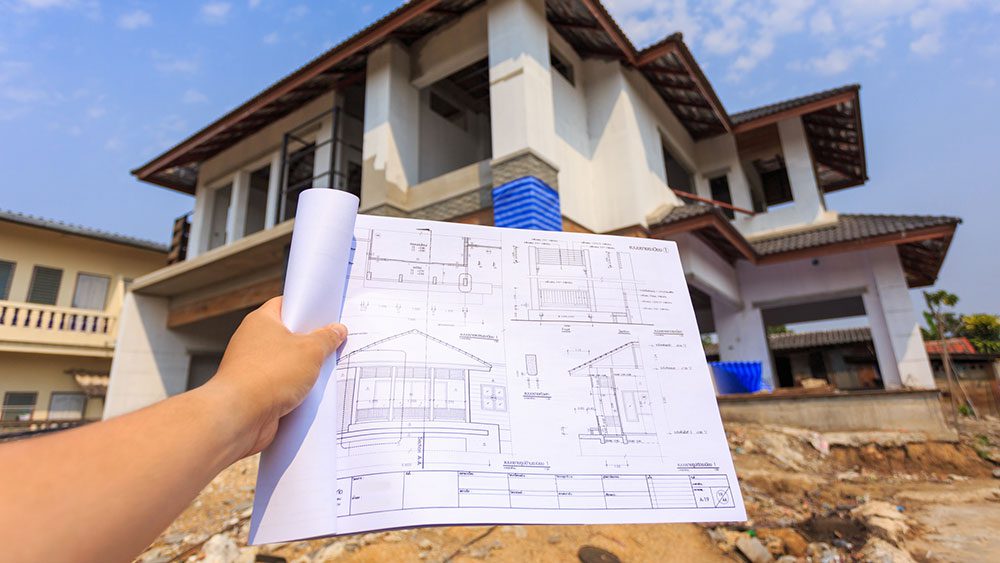Around 16% of Americans have moved to a different state since 2019, which is about the same level experienced in the late 1980s, but twice the average percentage of the few years preceding 2018.
However, several factors contribute to this trend, such as employment or job transfers to a new location. In addition, adventure and family-related plans may also force you to buy a house in another state.
Whatever the reason, this process is always complex and demanding. There are many features to assess, including security, social amenities, cost of living, and the house’s condition.
If you’re unsure how to proceed with the project, this article discusses essential tips to remember when buying an out-of-state house.
Research Your Preferred Cities
Familiarizing yourself with a new place can be difficult, especially in another state. But you can simplify the process by narrowing it down to a few cities.
First, note the regions within the state with all the desired features. Of course, you’ll likely review at least one residential area close to your workplace with all social amenities and proper security. But how can you learn more about these locations to make informed decisions? Consider the following sources of information:
- City website: Visit the city’s website to find information on available facilities, services, and recent reports about the area’s security.
- Local news: This includes newspapers, magazines, and local news stations for recent updates about a city. You can also use this resource to gather local real estate market information. For example, check the housing market trends, prices, and available property designs.
- Online maps: This option will help you know your house’s proximity to hospitals, schools, parks, restaurants, and grocery stores.
- Social media: It’s best to join resident groups on different social media platforms, so you can read previous posts about people’s experiences in the city and learn about the city’s environment.
Although all the resources above are helpful for remote research, it’s prudent to tour the place. This way, you can ascertain whatever you read online is accurate and get a natural feel for the surroundings.
You’ll also interact with your potential neighbors and get the latest news about the area. Use this opportunity to ask about the cost of living in the area. Focus on basic needs such as groceries, gas, water, electricity, internet, and transportation.
Hire a Local Real Estate Agent
The house-hunting process becomes more manageable when you find the right real estate agent. This step is even more vital when looking for a house outside your locality. Fortunately, with the help of a local real estate agent, you’ll be able to familiarize yourself with the area and get updates on the local market.
You also need the experience of experts to navigate the homebuying process. Their negotiation skills can help you get the best deal and avoid overpaying for a property. In addition, a reliable real estate agent will advise you if the house isn’t up to standards.
Finding an excellent professional who offers these services can be tricky but not impossible. You have to do your due diligence before hiring anyone. Some of the things you may do are the following:
- Ask for referrals from friends and relatives living in that area.
- Research using major real estate websites.
- Compare all the candidates and make your informed decision.
These tips can help you find the best local real estate agent.
Get a Mortgage Pre-Approval
A mortgage pre-approval shows your ability to purchase a home within your budget while showing sellers you’re a credible buyer. As such, they won’t hesitate to engage in further related discussions and activities.
This step also allows you to learn about your mortgage limit, especially in terms of your repayment abilities.
So, what are the requirements for mortgage pre-approval? Here is a brief list:
- A completed mortgage application form.
- Personal identification documents.
- Proof of assets.
- Income confirmation.
- Good credit score.
- Employment verification.
Remember, terms and conditions vary from one lender to another. Therefore, explore all possible mortgage types and candidates before selecting a lender.
Make an Offer
Now is the time to review homes for sale that meet your criteria, including budget. If you’re too busy, the real estate agent can do the leg work and send you their best picks. After all, they are linked to a network of sellers. During this process, remember how much you’re willing to spend and the length of the closing process.
You can then make an offer once you’ve picked the best home. It’s worth noting that real estate policies may vary in different parts of the country. As such, your real estate agent can acquaint you with local and state laws before submitting an offer.
After Your Offer to Buy a Home Is Accepted
Once the seller accepts your offer, your next step is to hire experts for home inspection and appraisal. A home inspection provides information regarding the home’s structure, while an appraiser provides a snapshot of the home’s value.
You’ll then finalize the ownership transfer on the closing date stated in your offer. The mortgage lender and a title company must be involved to ensure all contractual and legal procedures are followed.
Closing Points
Whether you’re moving to another state due to family or job-related plans, you’ll need a new home. Shopping for a house in a different region can be daunting, but the steps above should help simplify everything. To start, thoroughly research the cities, hire a local agent, get mortgage pre-approval, make an offer, and finalize the purchase.
© 2024 xpertRealtyMarketing.



